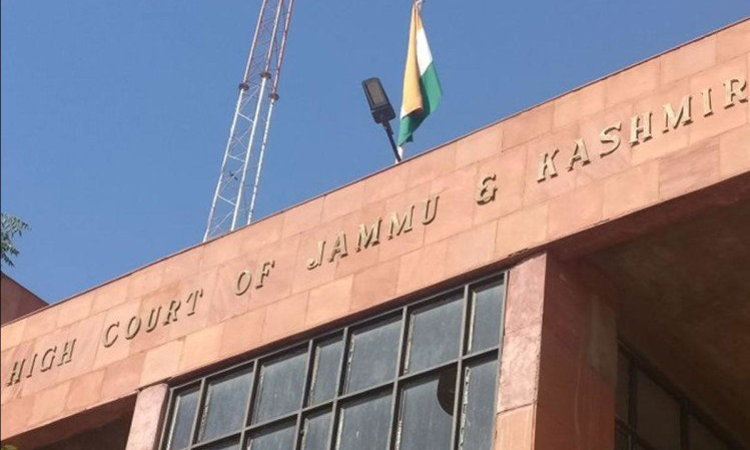"Courts Are Slow In Interfering In Religious Matters": J&K&L HC Rejects PIL Against 'Religious Sacrifice' Of Animals
Sparsh Upadhyay
20 Feb 2022 9:30 PM IST

Next Story
20 Feb 2022 9:30 PM IST
The Jammu and Kashmir and Ladakh High Court recently rejected a Public Interest Litigation (PIL) plea seeking prohibition on the illegal practice of slaughtering of animals on the basis of superstition and in the name of religious sacrifices.With this, the Bench of Chief Justice Pankaj Mithal and Justice Sindhu Sharma also noted that ordinarily, the Courts are always slow in interfering...
